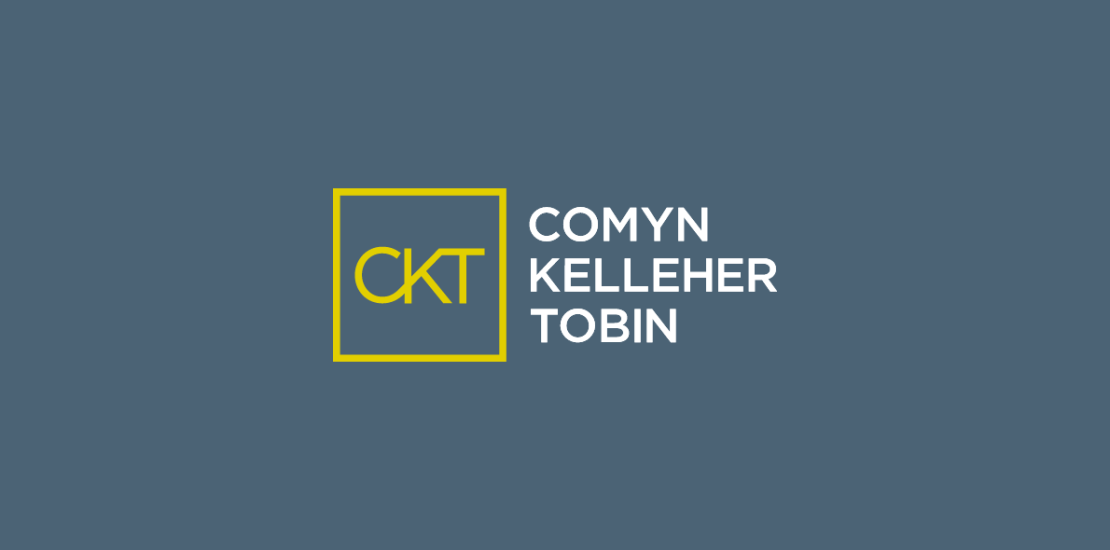- January 12, 2021
- Posted by: granitewordpress
- Category: News

The Harassment, Harmful Communications and Related Offences Act 2020 was signed into law on 28th December 2020.
For the first time, the Act creates new offences in relation to harassment and harmful communications, both online and offline and provides for the anonymity of victims of those offences.
Intimate Images
The Act provides for two new offences to deal with the non-consensual distribution of intimate images under Section 2:
1) Distributing, publishing or threatening to distribute or publish intimate image without consent with intent to cause harm or being reckless as to whether harm is caused. Crucially, it is irrelevant that a person may have consented to the taking of an image if it is subsequently published or distributed without their consent. This offence will carry a maximum penalty of an unlimited fine and / or seven years’ imprisonment.
2) Recording, distributing or publishing intimate image without consent. This is a strict liability offence as the person who records, distributes or publishes the image without consent, does not need to have intended to cause harm. The maximum penalty for this offence is €5000 and/or 12 months’ imprisonment.
It will be an aggravating factor for the purposes of sentencing if the perpetrator of the offence is or was in an intimate relationship with the victim of the offence.
Offensive Communication
As well as covering intimate images, Section 4 of the Act also covers ‘threatening or grossly offensive communication’ both online and offline. Where the person who is sending the message intends to cause harm to the recipient, this offence will carry a maximum penalty of a fine and/or 2 years’ imprisonment.
Liability of Corporate Bodies and Employers
Section 5 of the Act introduces liability for companies and directors where an offence has been committed or where it is proven to have been committed with consent or wilful neglect of a director, manager, secretary or other officer of a body corporate or a person purporting to act in such a capacity. Therefore in certain circumstances an employer may be liable for the actions of their employees where an employee’s conduct in the course of their employment contravenes the Act.
Anonymity
Section 5 of the Act prevents the identification of the victim, and provides additional sanctions for anyone distributing or publishing information that may lead to identification of the victim and will carry a maximum penalty of an unlimited fine and / or 3 years’ imprisonment.
This new Act is much welcomed and will now equip Gardai with the tools to prosecute those who share intimate images without consent regardless of the motivation for doing so. Read the new legislation here.
If you like any further information relating to the above article, please contact Clare Daly, Child Law Solicitor, Comyn Kelleher Tobin.